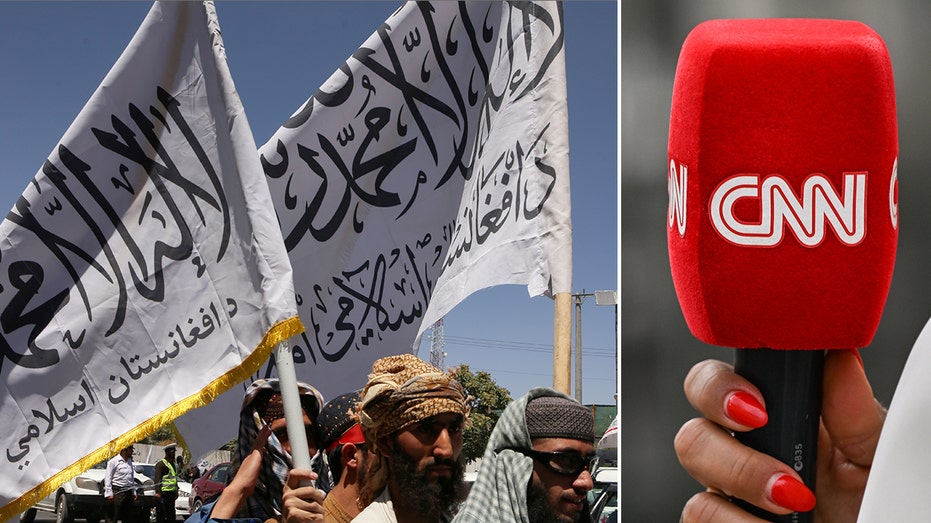CNN’s Sharia Defense in Defamation Suit Over Afghanistan Reporting
Unveiling the Network’s Legal Strategy
**Introduction:**
CNN has sparked controversy by invoking Sharia law in its defense against a defamation lawsuit filed by a security consulting company regarding its reporting on the 2021 Afghanistan withdrawal. This blog examines CNN’s arguments, the legal implications, and the allegations at the heart of the case.
**CNN’s Sharia Defense:**
In a motion for summary judgment, CNN’s attorneys argued that their reporting did not imply the consulting company engaged in illegal conduct under Taliban law, which they asserted was in effect in Afghanistan at the time. They maintained that their focus was on the exploitation of Afghans by “war profiteers” rather than the legality of the evacuations.
**Legal Implications:**
CNN’s defense raises complex legal questions regarding freedom of the press, defamation, and the application of foreign law in domestic courts. While journalists have the right to report on and criticize the actions of private entities, they must do so fairly and accurately. Defamation occurs when false statements are made that harm a person’s reputation.
**Allegations and Evidence:**
The security consulting company, Nemex Enterprises Inc. and its owner, Zachary Young, allege that CNN’s reporting portrayed them as “black market” operators who illegally profited from the evacuation of Afghans. They claim that the network’s use of terms like “exorbitant” and “exploitation” implied that they engaged in criminal conduct.
**Counterarguments:**
Young’s lawyers argue that CNN’s Sharia defense is a desperate attempt to avoid accountability and that the network’s reporting did, in fact, imply illegal activities. They emphasize that the Taliban’s interpretation of Sharia law is extreme and does not reflect accepted international norms.
**Conclusion:**
The outcome of this defamation suit could have significant implications for the media’s ability to report on sensitive issues involving foreign countries and legal complexities. It will be up to the courts to determine whether CNN’s reporting was protected by the First Amendment or if it crossed the line into defamation. The case highlights the ongoing challenges of balancing freedom of the press with the need for accurate and responsible reporting.



